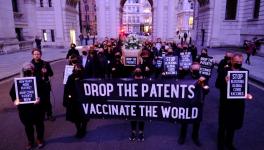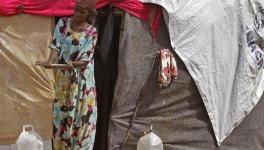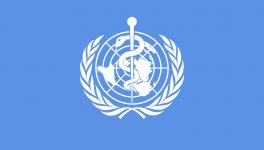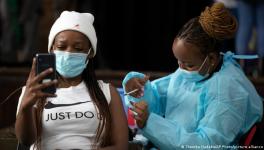Johnson & Johnson’s TB Drug Deal will Fail to Reach all Those in Need
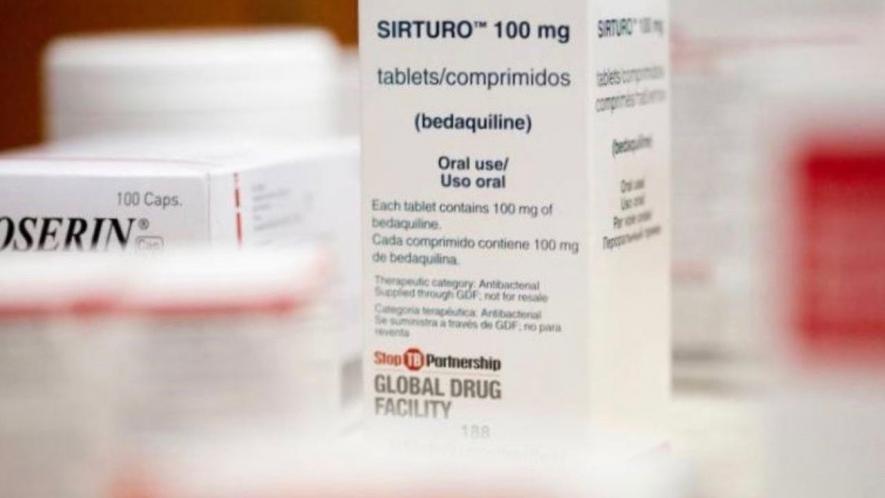
Pharma giant Johnson & Johnson (J&J) has recently reached an agreement with the Stop TB Partnership that should facilitate access to generic versions of bedaquiline in selected low-income countries. The introduction of bedaquiline has significantly simplified the treatment of tuberculosis, ultimately enhancing the quality of life for patients who can benefit from the medicine. However, the cost of the drug remains prohibitively high for many patients, forcing them to rely on older drug regimens with severe side effects, including hearing loss.
Under the terms of the agreement, 44 countries are slated to receive generic bedaquiline through the Stop TB Partnership’s Global Drug Facility (GDF). Yet, several countries with patents who are on bedaquiline, including those in East Europe and Central Asia where tuberculosis rates are worryingly high, are excluded from the deal.
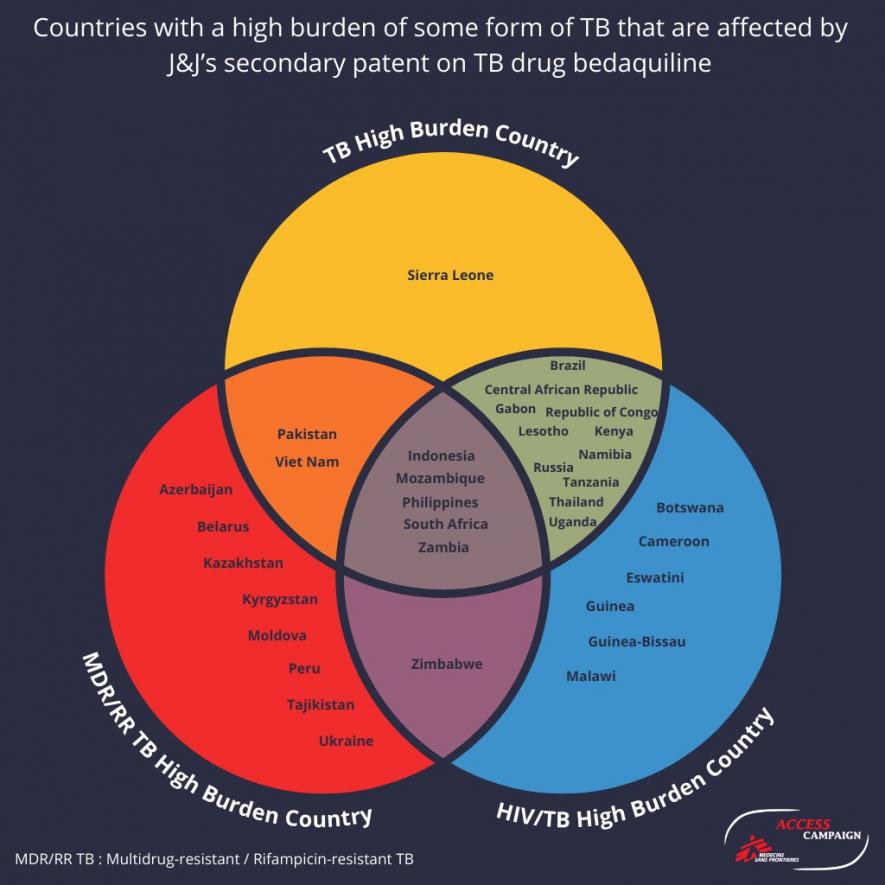
(Photo: MSF Access Campaign)
Lauren Paremoer from the People’s Health Movement (PHM) South Africa warns that the recent deal should be approached in a more critical manner. “While the concessions made by Johnson & Johnson will make a difference to many people living with TB, this voluntary measure does not increase access to treatment in countries like South Africa that don’t purchase drugs through the Global Drug Facility and where bedaquiline remains patent protected,” she told People’s Health Dispatch.
“Multidrug resistant (MDR) TB is a health emergency, and companies should not use intellectual property rights to prevent patients from accessing treatment,” Paremoer added.
The primary patent that Johnson & Johnson held in most countries, including India, expired on July 18. Despite this, the company continues to maintain its dominance through secondary patents, which are linked to evergreening. By obtaining secondary patents, pharmaceutical companies prolong their exclusivity on life-saving drugs based on alleged improvements that often have little impact on the drug’s performance.
Médecins Sans Frontières (MSF) warned that J&J continues to hold secondary patents in 34 of the 49 countries with high TB burden. “Enforcing the secondary patent in countries excluded from the deal would delay access to more affordable generic bedaquiline by at least 4 years, resulting in higher treatment costs that would not only limit access for people who urgently need it, but would also mean less funding to cover other crucial TB care costs,” said MSF in a statement published shortly after the J&J deal was announced.
J&J-owned Janssen has sought extension of the patent on bedaquiline in several countries. However, earlier this year, the Indian Patent Office (IPO) rejected the application. The IPO’s decision was met with enthusiasm by TB survivors and activists across India, who saw it as an opportunity to improve the lives of thousands of people living with TB. India being a hub of generic medicines, its cheaper medicines can reach worldwide.
Read: Yes, we can stop patents getting in the way of TB treatment
Despite the rejection of the patent extension in India, generic manufacturers won’t be able to sell to those countries where secondary patents still exist. Thus, activists doubt the sincerity of J&J’s intentions behind the deal, as the company remains determined to pursue secondary patents. This is another crucial aspect to keep in mind when discussing the recent bedaquiline deal, according to Lauren Paremoer.
J&J’s decision to strike a deal through the GDF does not absolve it from the negative consequences of its actions in other parts of the world or the harm caused by its current business practices. For example, the Health Justice Initiative in South Africa is currently suing the government to gain access to contract details for the purchase of COVID-19 vaccines, including contracts involving J&J. According to Paremoer, without such pressure, it’s hard to imagine companies taking any meaningful positive action.
“A key lesson from the COVID-19 pandemic is that these kinds of voluntary measures are often too little, too late – and many lives are lost as a result,” concludes Paremoer.
People’s Health Dispatch is a fortnightly bulletin published by the People’s Health Movement and Peoples Dispatch. For more articles and to subscribe to People’s Health Dispatch, click here.
Get the latest reports & analysis with people's perspective on Protests, movements & deep analytical videos, discussions of the current affairs in your Telegram app. Subscribe to NewsClick's Telegram channel & get Real-Time updates on stories, as they get published on our website.










